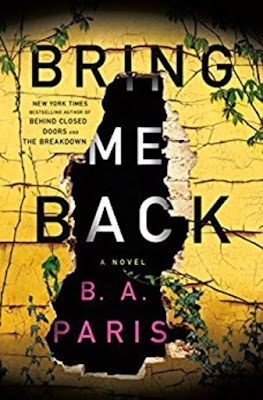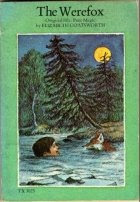178. Bird Song by Eleanor Frances Lattimore
 Bird Song by Eleanor Frances Lattimore (Out of Print)
Bird Song by Eleanor Frances Lattimore (Out of Print)Pages: 127
Ages: 7+
Finished: Aug. 30, 2010
First Published: 1968
Publisher: William Morrow & Company
Genre: children's, realistic fiction
Rating: 2.5/5
First sentence:
The plantation was perhaps the smallest in South Carolina, but to Julie, who had lived there ever since she could remember, it was the center of the world.
Acquired: Borrowed a copy through Inter-library Loan.
Reason for Reading: I am in the process of trying to read and review all of the author's books, since little else is otherwise available on the internet.
This is the first time that Eleanor Francis Lattimore has presented a story I'm not thrilled with. On the one hand, we have 8-year-old Julie who lives with her grandparents on a small plantation in South Carolina. The story is contemporary, set at the time of writing, late '60's. Her father died when she was little and her mother left her with his parents when Julie was two. Julie loves the plantation, the nature surrounding her, school life, rural life, her grandparents, and can't wait until the pet dog has puppies because she has been promised first pick of the litter this time. Generally, she is a very content little girl and we follow her not so exciting, but interesting events in life.
The flip side of the story is confusing to me and I can't really tell where the author is coming from in this. It is the late '60s and feminism was in the air and I can only think that had some influence on this book. Julie's mother left her for six years, returning to visit at Christmas each year, while she lives in a big city in the North working as an Interior Decorator. Everybody in the story is fine with this. The conflict in this story is when the mother phones to announce she is getting married again and they will be coming to take Julie to live with them. The rest of the story devotes itself to Julie dealing with her immediate feelings of *not* wanting to go and learning to deal with change in her life. But during this period, her mother keeps calling to change the dates of when they'll be there, then they won't because Frank has to go to Europe for 6 months, they get married early, etc. To me it all seems very harsh and an irresponsible way to treat a child but none of the adults seem to be bothered by this behaviour at all.
This is what leaves me with a bad taste in my mouth with this story. Lattimore's stories are generally touching and funny. This is neither. She generally captures the essence of childhood no matter what the era she's writing form or what race she is writing about. With no reactions to the mother's behaviour from any adult, except to take it in stride it is hard to tell what the author's intentions were. Was she condoning the new career woman at the expense of the child? Was she saying a child is better off in a stable household with two surrogate parents to raise her than being in a stressful environment of a busy career minded working mother? Or was she simply trying to relate to other children who at the time (late '60s) find themselves in family situations where they are not living with their mothers and fathers for whatever reasons, without being judgmental?
For me this story just doesn't work, as the mother is a selfish woman who abandons her child to have a career hundreds of miles away instead of (just one of many solutions) staying with her, living with the grandparents and getting a job in town. I think her behaviour is also callous, only visiting her child once a year at Christmas and then announcing she is getting married out of the blue only to continually mess around with the child's emotions by changing plans and prolonging the eventual meeting and uprooting. At this point, the non-reaction to any of this by the grandparents is simply unbelievable characteristically. Being the older generation you would think they would have had some frustration in the mother's behaviour. Heck, I was frustrated with her behaviour! This is an odd book for Lattimore and I don't recommend it.


I was interested in your review because I just found this book in our library's discard pile and brought it home.
ReplyDeleteI just flipped through the book briefly and could see that it was not like Lattimore's other books I've read.
Sounds like she jumped on the dreary, depressing YA wagon with other authors of that time.
Thank you for your thorough, insightful review. I think I'll pass on reading the book.